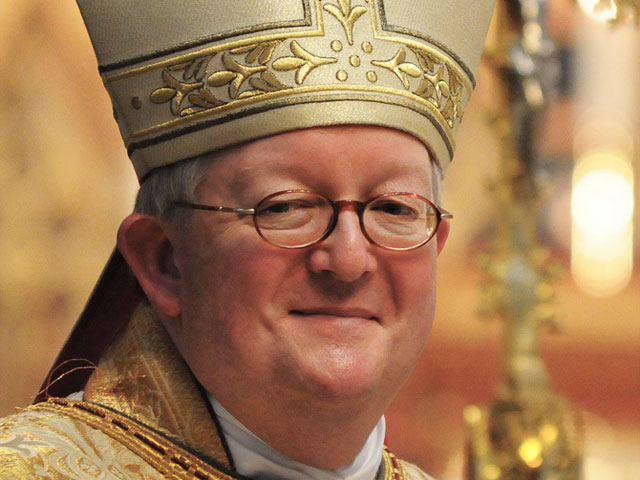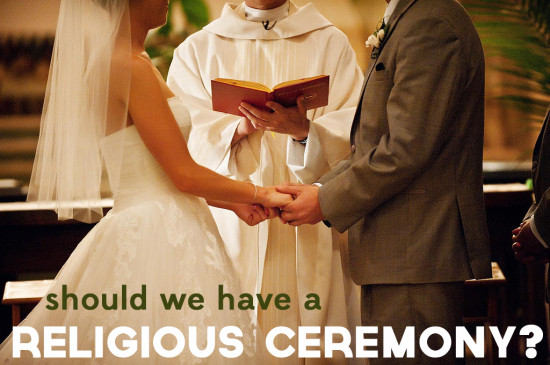A reader passed along this gem from the Associated Press that begins:
SAN FRANCISCO DE YARE, Venezuela — The descendants of African slaves donned masks and bright red costumes as they danced through the streets of this small Venezuelan town on Thursday for its annual commemoration of Corpus Cristi.
Young men beat drums and shook maracas as the “devils” paraded through the streets and people gathered to celebrate Corpus Cristi, a Roman Catholic holiday celebrating the transformation of the body and blood of Christ into bread and wine.
Um, come again? A “Roman Catholic holiday celebrating the transformation of the body and blood of Christ into bread and wine?” I’m actually of the mindset that 100 percent of educated people should have a passing knowledge of what the Eucharist means to traditional Christians. But even if you think that’s too much to expect, I’m sure we all agree that reporters and editors on stories about the Eucharist should have a passing knowledge of it, right?
The error is repeated throughout a 16-photo slideshow over at Huffington Post. Each caption includes the error, including this one:
Men dressed as a dancing devils perform on the streets in San Francisco de Yare, Venezuela, Thursday, May 30, 2013. The descendants of African slaves donned colorful masks and bright red costumes as they danced through the streets of this small Venezuelan town on Thursday for its annual commemoration of Corpus Christi, a Roman Catholic holiday celebrating the transformation of the body and blood of Christ into bread and wine. (AP Photo/Fernando Llano)
I’m going to go ahead and let (HuffPo commenter) MirrorMonkey take it from here:
What incompetents who humorously claim to be “professional journalists” wrote this gross public display of doltish ignorance?
Corpus Christi is certainly not a “Catholic holiday celebrating the transformation of the body and blood of Christ into bread and wine.” It is instead a Catholic solemnity that commemorates exactly the opposite: namely, how in the Eucharist, mere bread and wine are transformed into the true Body and Blood of Christ. Reversing it, as the writer did, is as clueless as saying that a wedding ceremony celebrates the transformation of a married couple into two unmarried people who will live apart.
Furthermore, in a Corpus Christi procession, priests don’t ” carry sacramental bread.” If it were believed to be mere bread, there would be no point in carrying it and honoring it at all. Instead, Catholics believe that regardless of any appearances of bread (that is, the “accidents”), the reality of the Eucharist is that it isn’t bread at all, but is really and truly the Body of Jesus Christ. The priests therefore carry what they believe to be Jesus Christ through the streets — which is why the feast is called (doh!) Corpus Christi, or the Body of Christi.
I know that reporters today are not expected to know anything about the subjects of their stories, but it is unfortunate that the total lack of basic cultural knowledge is now tolerated among those who are supposed to be their editors as well.
Reporters writing about Corpus Christi festivals might consult this page or this one or this one.
Image of Venezuelan Corpus Cristi festival via cla78/Shutterstock.com.











